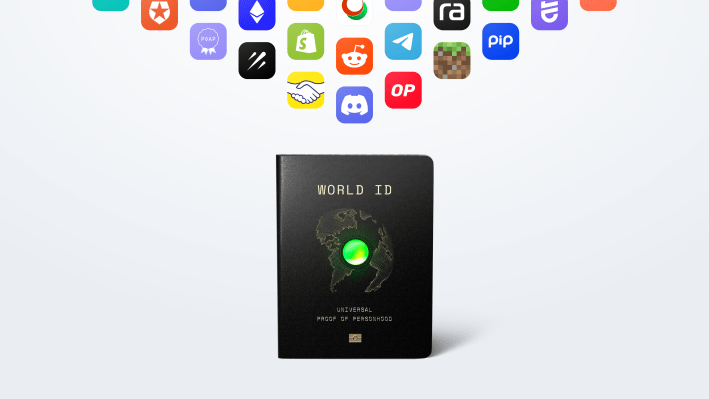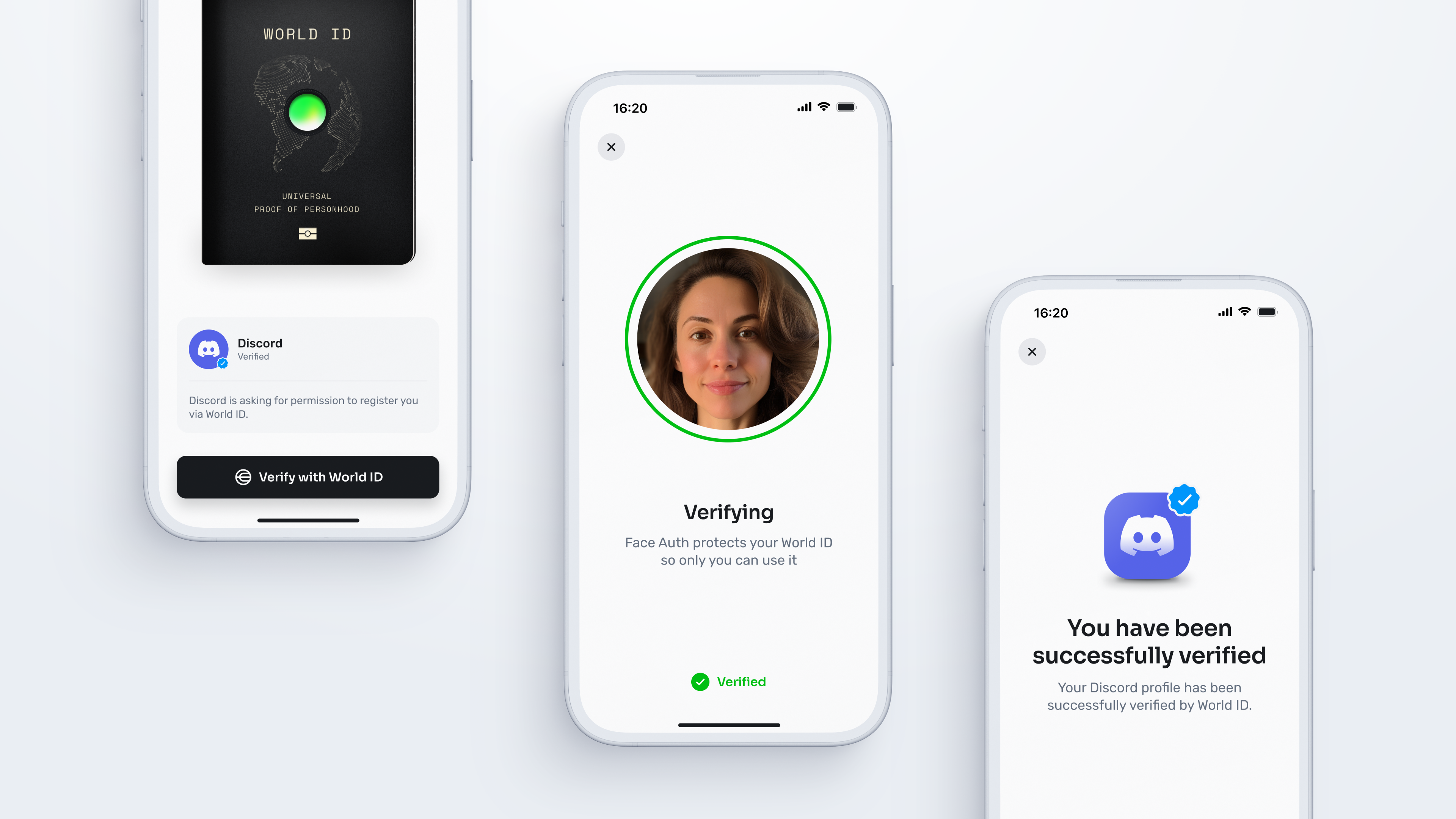Expands offer eye-scanning verification services to Mexico and Singapore

Worldcoin, a crypto project co-founded by Sam Altman, said it now supports integrations for its World ID with Minecraft, Reddit, Telegram, Shopify and Mercado Libre. The company already supports integrations with Discord, Talent Protocol and Okta’s Auth0.
Launched to the public about four months ago, the protocol recently was updated to World ID 2.0, which, the company says, makes it easier to distinguish between bots and “verified humans” online.
“It’s a much easier way for developers to build integrations,” Tiago Sada, head of product for Tools for Humanity and a core contributor to Worldcoin, told TechCrunch. “We’ve rebuilt the way it works.”
The new integrations will, for example, let Reddit moderators give special permissions to those who use their World ID “so they know you’re not spamming,” Sada said. Or, Shopify store owners can use World ID for fraud prevention or one-time promotions.
“This is not just about the first wave of applications, but a new developer platform where developers can build,” Sada said. “We’re excited to see what people come up with […] the best ideas come from developers.”
Three new types of World IDs
The company has also created three different authentication levels: The “casual” or “World ID device level” involves downloading the Worldcoin app and creating a World ID. You don’t need to use the Worldcoin Orb to scan your irises to prove you’re a person, and only have to make a profile. The “standard” or “World ID Orb” level involves creating a profile and also getting your irises scanned by one of the company’s Orbs to verify your identity. “High” or “World ID Orb+” security requires you to also use facial recognition to secure the app besides the previous two steps, Sada said.

Image Credits: Worldcoin (opens in a new window)
When creating a World ID, users don’t need to provide their real name or identification, Sada said. “You can use it completely anonymously; the only thing you’re doing is proving you’re unique.”
It’s not bulletproof, though. You can use one World ID per device, so if you have a phone and an iPad for example, you can create two World IDs. You can do this until you choose to get scanned by an Orb, after which you can only have one ID.
“There’s use cases where it’s not sufficient,” Sada acknowledged. “It’s not perfect, but it could help prevent people from abusing systems, like voting 100 times on a poll, or having hundreds – if not thousands – of accounts,” he added.
Expansion plans
Additionally, Worldcoin is expanding its onboarding operations in Mexico and Singapore. Sada said the company is also working on bringing it to more countries in Asia. “The goal is to have Orbs available in any country to sign up […] They’re two more countries on a long list [of countries]; it’s going to take time.”
While the crypto project is steadfast in pushing its growth forward, it has also faced some headwinds. Earlier this year, Kenya banned Worldcoin from scanning any more of its citizens’ eyeballs on concerns that the company failed to inform users about the data security and privacy measures it had taken.
Separately, some critics have alleged the company targets developing countries and its residents since it gives most participants (outside the U.S. and some other countries) 25 WLD tokens, worth roughly $ 60.5, in exchange for signing up.
But this hasn’t stopped growth. Almost 5 million people globally have a World ID, and about 2.6 million people have scanning their irises with its Orb hardware to verify their identities. In the last 7 days, over 100,000 people have made new accounts, according to its website.
“Five million people is still very far away from the world [adopting it,]” Sada said. “So [2024 is] about improving things, but also getting to all of the people around the world.”







